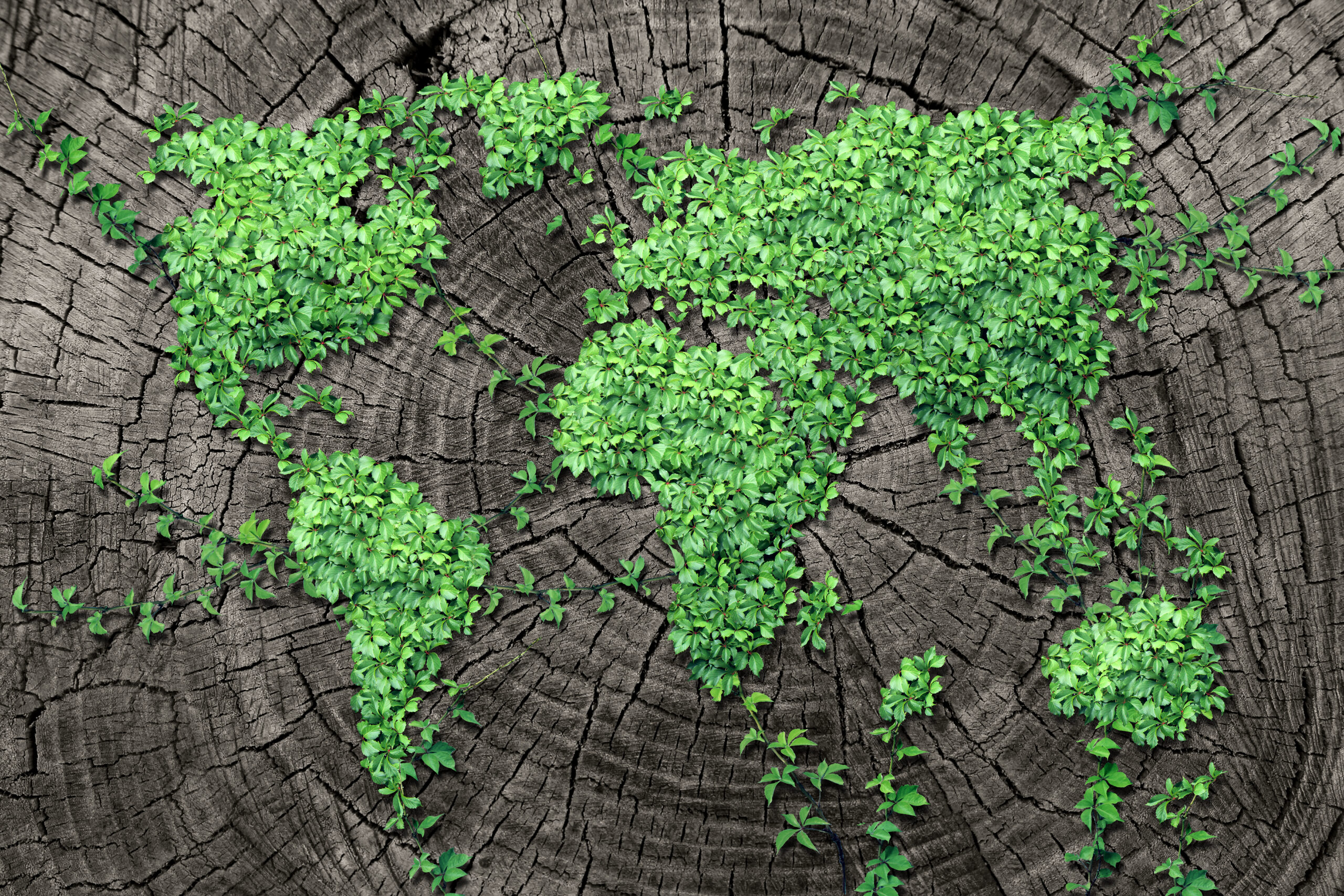The right thing to do: Leading the charge on building sustainable supply chains


For businesses, building a sustainable and resilient supply chain is no longer optional. Instead it is necessary and a vital part of creating a business model that enables a company and its ecosystem to thrive for the long term.
Environmental and climate change concerns are increasingly at the top of company agendas. The global drive to reach net-zero carbon emissions by 2050 impacts all aspects of business operation. This is predominantly spurred by governments’ increased focus on ESG and established guidelines that encourage corporates’ action towards sustainable growth and development.
Singapore, for example, is launching an Enterprise Sustainability Programme to help companies develop better capabilities to embrace sustainability.1 Vietnam, meanwhile, has adopted a green growth strategy that includes targets on reducing greenhouse gas emissions and greening the overall economy.2 Elsewhere, Malaysia is supporting the growth of the electric vehicles sector under its National Automotive Policy 20203 and Thailand said it will only allow sales of electric vehicles from 20354. In response to these government initiatives, companies are doing their part to reduce their carbon emissions, which could positively affect the supply chain ecosystem.
Developing a sustainable supply chain is more than becoming greener. As the COVID-19 pandemic has demonstrated, surprise events often disrupt supply chains.
While global pandemics will hopefully be a rare occurrence, price volatility, currency fluctuations, sanctions and natural disasters are just some factors that can regularly impact supply chains. The fact that shipping containers are falling overboard to a 7-year high in 2020 is a vivid reminder that disruption is constant.5 Businesses need flexible and adaptable supply chains to react promptly to such unexpected scenarios.
And importantly, businesses need to rethink the resilience of their supply chains. Afterall, sustainable and resilient global trade and supply chains are collaborative and interconnected, with an impact on local businesses, global corporates, and the world economy.
Despite the changing attitudes towards responsible corporate behaviour, businesses in ASEAN continue to face performance gaps when it comes to building resilient and sustainable operations.
As Standard Chartered’s Can Asia lead the world’s supply chain revolution? report shows, many ASEAN firms believe they need to improve their performance when it comes to understanding and monitoring their suppliers’ exposure to climate change risks. These ASEAN firms also recognise the need of leveraging technologies such as blockchain to improve traceability and reduce costs in their supply chains.
Fortunately, there are many solutions companies can adopt to support their transition to a more sustainable ecosystem and address these performance gaps.
For example, businesses are increasingly using digital technologies like artificial intelligence (AI) to improve their processes. Through real-time monitoring of the inventory and demand level, order lead times are improved for more accurate future growth forecasts.
Working towards improving existing environmental practices to meet with new regulations and expectations is also critical. This can include introducing more sustainable raw materials into the manufacturing process and/or encouraging recycling and waste reduction in the workplace. Singapore online fashion retailers are increasing the usage of recycled packaging, for instance.6
Doing the right thing comes with a cost. Expenses will be incurred when a corporate engages third-party evaluators to assess its sustainability metrics to increase stakeholder value or improve business performance.
However, doing what is right also creates new opportunities. Increasingly, banks offer specific financial solutions to clients who meet certain ESG goals or to their suppliers who have made a positive contribution to the corporate’s green targets. For example, Standard Chartered in June executed its first Green Banker’s Guarantee in Singapore for ENGIE South East Asia to fulfil its contractual obligations to JTC to build, own and operate an underground district cooling system. The plant will have a capacity to cool the equivalent of 8,000 four-room HDB flats and achieve up to 30% reduction of energy consumption compared to standard commercial buildings7.
In support of more sustainable practices, suppliers who meet ESG targets set by their buyers, including having these achievements validated by a third party, will also qualify for Standard Chartered’s supplier finance programmes with preferred discounting rates.
In addition, many governments and intergovernmental organisations are providing grants and guarantees to avail loans to help companies move to a more sustainable business model. Leading the way, Singapore has launched a world-first Green and Sustainability-Linked Loan Grant Scheme at the start of 2021.8
And as a recent survey from Standard Chartered revealed, increasingly there could be negative consequences for businesses that do not act. It showed that 78% of multinational companies will remove suppliers by 2025 that endanger their carbon transition plan9. For suppliers in ASEAN, this could mean a loss in export revenue, as much as USD146.6bn (Singapore), USD65.3bn (Malaysia) and USD25.6bn (Indonesia).10
Resilient and sustainable supply chains can work only if all stakeholders, including consumers, investors, businesses, and policymakers are committed to it. Playing our part to enhance supply chain sustainability is non-negotiable. Businesses need to intervene today to ensure that we can keep operating tomorrow for the benefit of all, from clients and investors to employees and communities.
1 https://www.greenplan.gov.sg/key-focus-areas/green-economy/
2 https://moit.gov.vn/en/news/energy/national-green-growth-strategy-for-2021-2030-adopted.html
3 https://www.malaymail.com/news/malaysia/2021/05/19/malaysia-ready-to-offer-handsome-tax-incentives-for-evs-says-marii-ceo/1975414; https://www.thestar.com.my/news/nation/2021/10/05/azmin-govt-drawing-up-incentives-to-encourage-m039sians-to-use-electric-vehicles
4 https://www.electrive.com/2021/04/23/thailand-to-only-allow-bev-sales-from-2035/
10 https://av.sc.com/sg/content/docs/sg-carbon-dated-singapore-based-suppliers.pdf